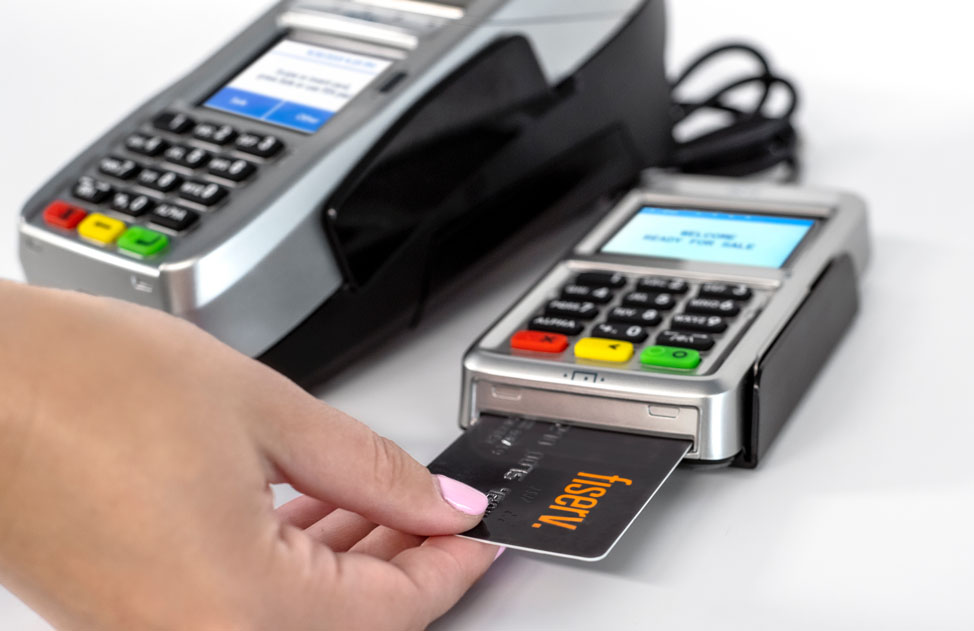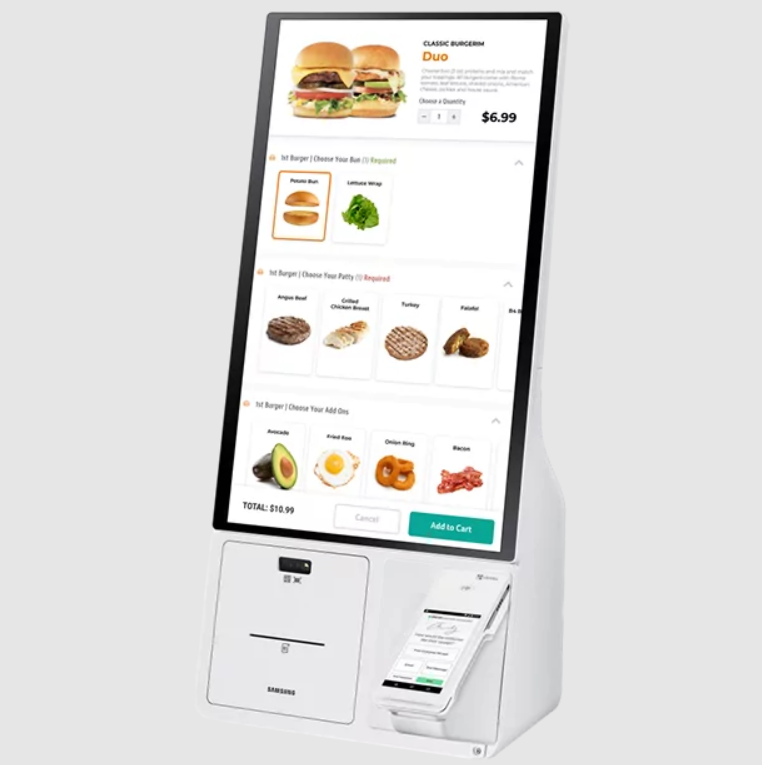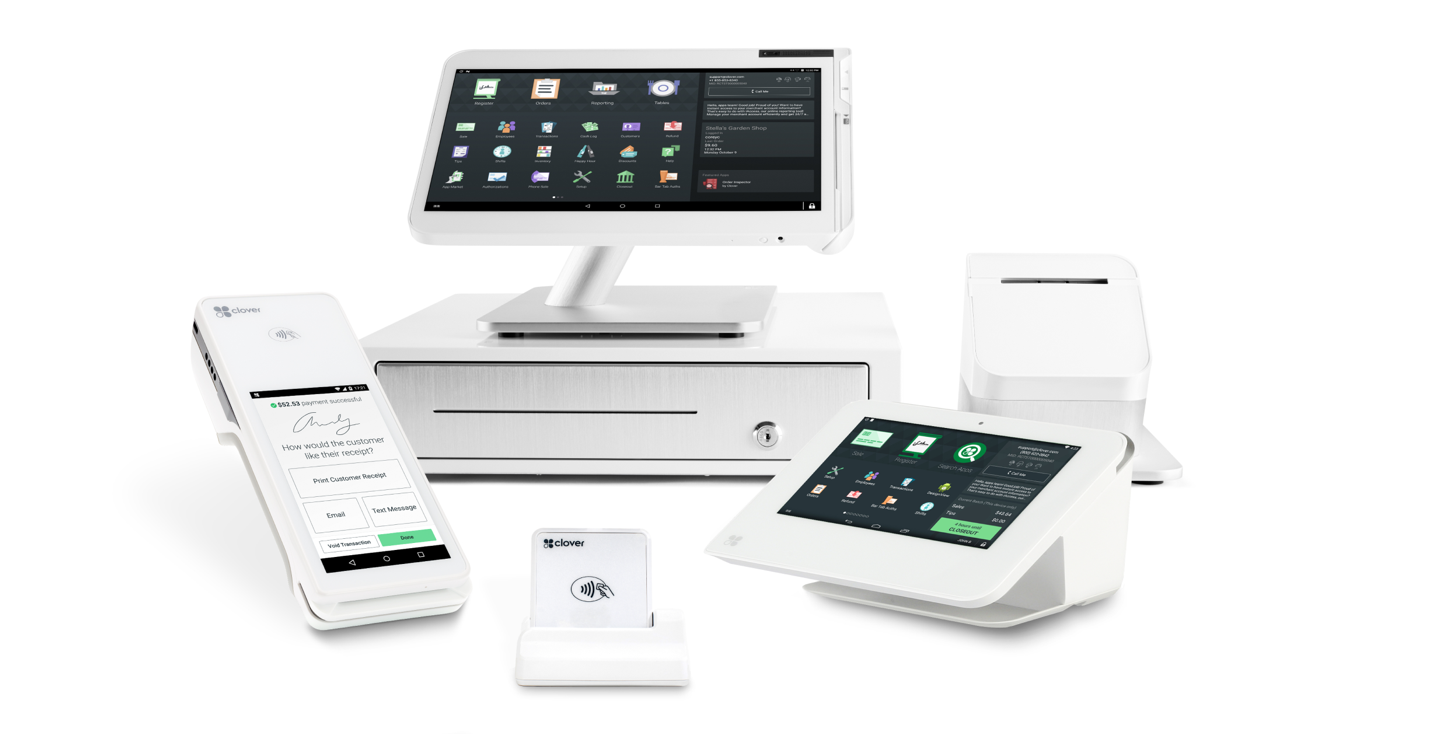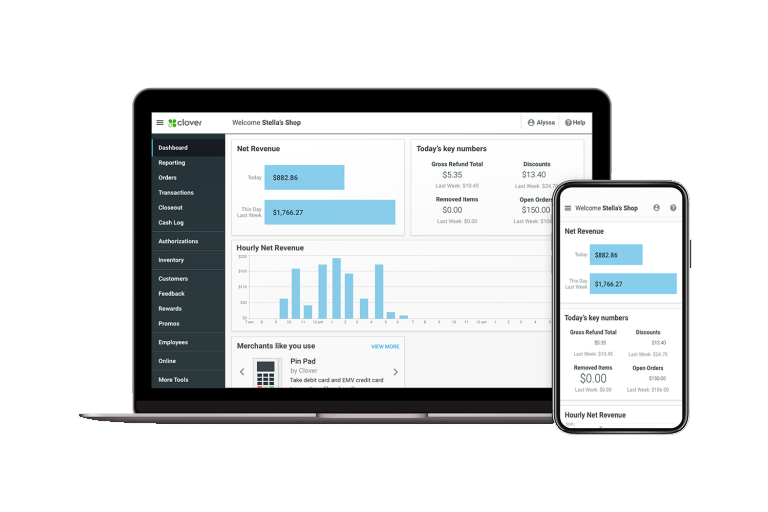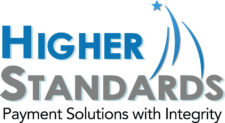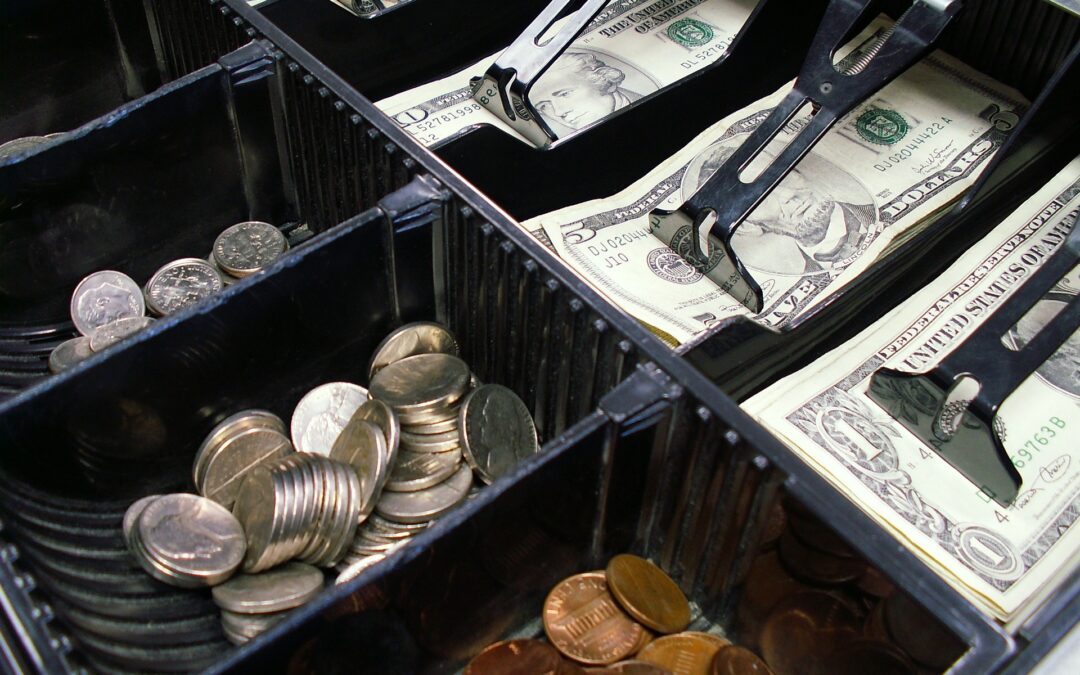Merchants who feel squeezed by rising costs are always looking for ways to improve their bottom lines. Some merchants focus on the fees they pay to accept credit cards and question if they can pass on those fees to their customers, in the form of a credit/debit card surcharge.
The question is, can a merchant charge a fee for non-cash payments?
The answer is: probably.
Are Credit/Debit Card Surcharges Legal?
The first consideration for implementing a credit card surcharge is, is it legal? In most states, the answer is yes—if certain guidelines are followed.
This wasn’t always the case. Surcharging in this fashion was generally against the law until 2013, when a class action lawsuit brought the practice to light. As a result, most states enabled merchants to add a fee (surcharge) to transactions paid by credit card.
That said, credit card surcharges are currently illegal in Connecticut, Maine, Massachusetts, New York, and Puerto Rico. If you do business in those states, check with local authorities for the current legal status.
What Do Credit Card Institutions Allow?
If you live in a state where surcharging is legal, you still need to follow the rules set forth by the major credit/debit card issuers.
First, you can’t charge more than the cost of your processing fee or 3% of the total transaction. Note that this amount can vary some by state, so it’s best to look at your local laws for specific guidance.
Second, you must make the customer aware that you’re applying a surcharge on all payments by credit card. You are required to post signs at the main entrance to your business and at all points of sale. Failure to post just a single sign can result in substantial fines from the credit card companies.
Third, the surcharge must be listed as a separate line item on the invoice or receipt. It can’t be folded into the cost of the product or service.
Fourth, you cannot implement a surcharge on debit card transactions. Surcharges are for credit card purchases only, not for purchases paid by debit card. This requires you or your payment processing system to separately identify credit card and debit card purchases.
Similarly, you can’t impose a surcharge on payments by prepaid credit cards. Again, you need to be able to identify prepaid cards so as not to apply any surcharges.
Next, if you issue refunds, you have to refund the surcharge along with the cost of the product. You can’t keep surcharge fees when refunding customer payments.
Finally, you need to notify the card brands you accept and your acquiring bank of your intent to surcharge. You typically need to give 30 days’ notice in writing; there may be specific forms you need to complete.
Follow these rules and it’s okay to charge customers who pay by credit card.
Should You Implement a Credit Card Surcharge?
You might look at charging customers extra to use credit cards as a way to quickly improve your bottom line. This may not be the best approach, however.
Know that some customers will balk at paying extra just to use their credit cards. Customers in general are growing resistant to so-called hidden fees and are not likely to warmly welcome yet another 3% charge on top of what they’re used to paying. If you’re surcharging and your competition isn’t, expect to lose some business if you impose this type of fee.
Even if customers aren’t strongly opposed to being charged yet another hidden fee, they may be confused by such surcharges. Be prepared to answer questions about what the fee is, why you’re imposing it, and what that means for the customer. That explanation gets even more complex when you have to talk about fees for credit cards and not for debit cards. Imposing such fees may not be worth the trouble.
An Alternative Approach: Offer a Discount for Cash
An alternative approach, then, is not to impose a credit card surcharge but rather offer a similar discount for customers paying with cash. (Customers always react better to discounts than to extra charges.)
So instead of taking 3% onto the total bill if paid via credit card, you might discount 3% from the bill if the customer pays with cash. You would then want to make sure your normal price accounts for your standard credit card processing fees.
The cash discount approach also has the benefit of being legal even in those states that prohibit credit card surcharges and can be applied to all credit and debit card transactions.
Still Not Sure What to Do?
If you’re not sure if you can or if you want to add a fee for credit card payments, contact the experts at Higher Standards. We’re familiar with all the rules and regulations and we know which payment processing systems can accommodate credit card surcharges. (Not all can!) Let us help you decide how to proceed.
Questions? Contact Higher Standards at 952-736-1700 or by email at hsi@higherstandards.net.




